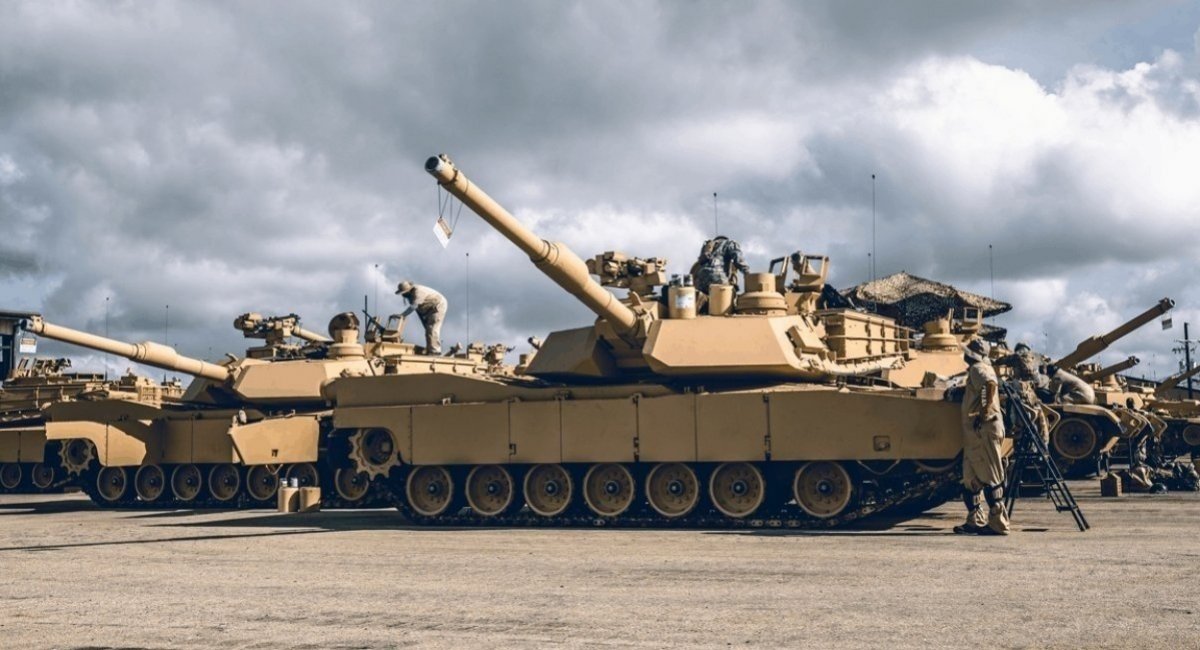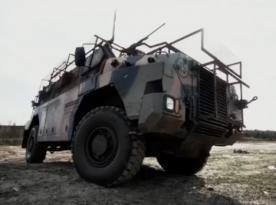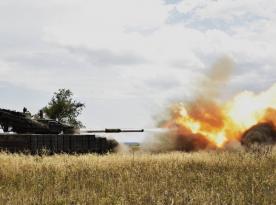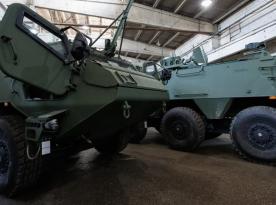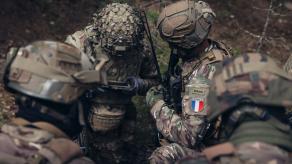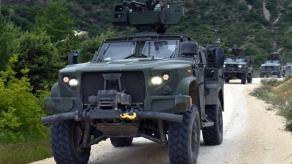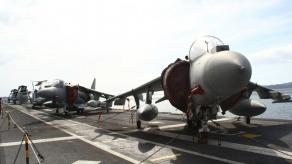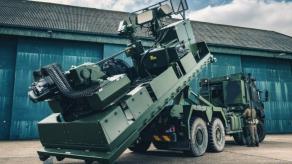During various events, representatives of the U.S. armed forces have emphasized that they are actively studying the Ukrainian Defense Forces' experience in repelling russia’s full-scale invasion. This research has already yielded valuable lessons, influencing American military priorities, policies, and training methods to some extent.
However, in practice, the analytical institutions of the U.S. military appear to devote relatively little attention to studying Ukraine’s battlefield experience against russian forces. This is reflected in the fact that only a small number of specialized analysts are focused on this topic, as highlighted in a Defense One article.
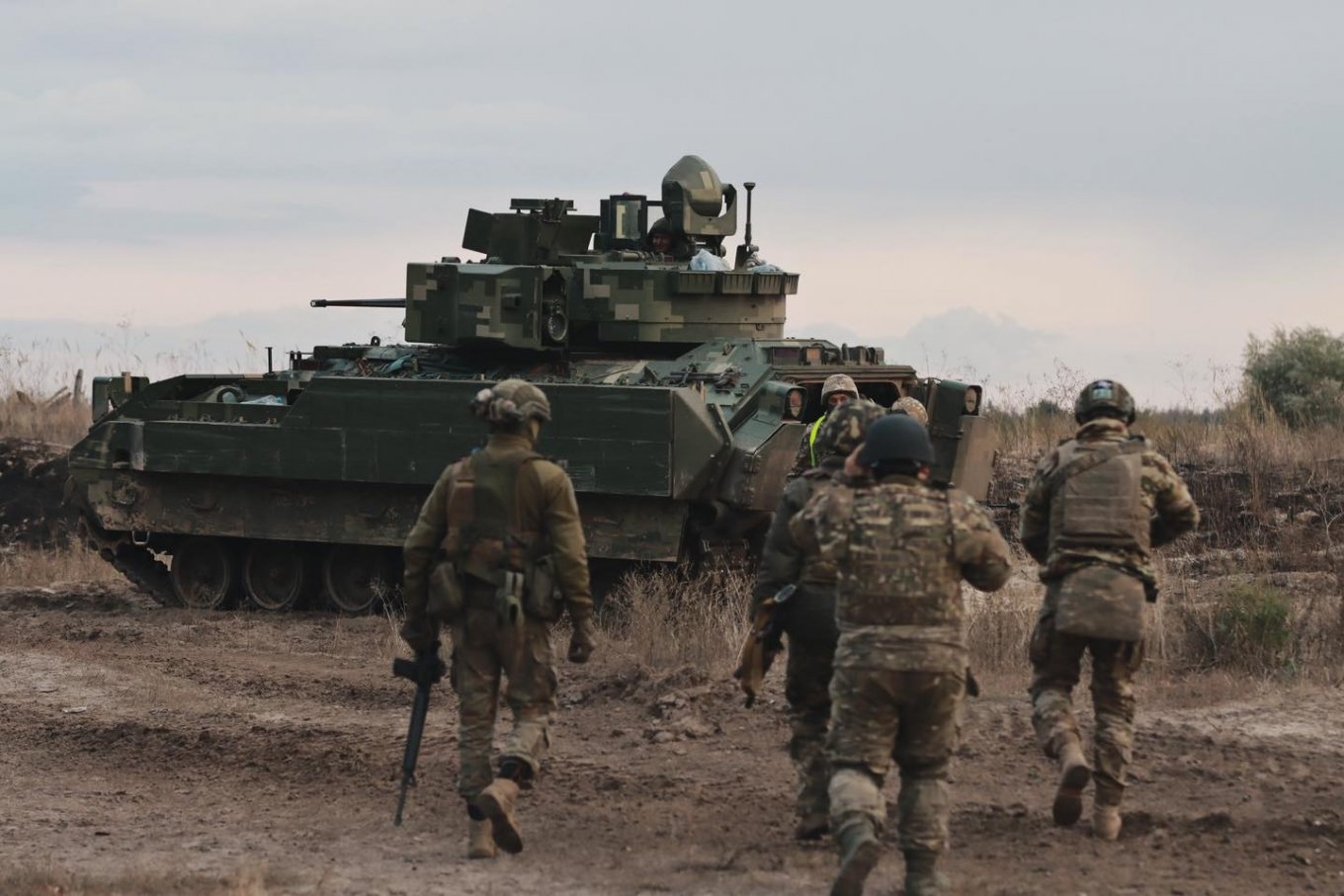
For instance, a representative from the Joint Chiefs of Staff Joint Lessons Learned Division, which is responsible for distributing study findings across different military branches, admitted that they do not have dedicated working groups or analysts solely focused on Ukraine’s military experience.
Similarly, the U.S. Army's Center for Army Lessons Learned (CALL) revealed that, among their 45 analysts, only four are assigned to work on Ukraine-related matters across two teams. A glance at CALL's website shows very few published reports specifically addressing Ukraine's lessons from the war with russia.
The U.S. Navy, when questioned by journalists, could not confirm whether they were engaged in analyzing Ukraine’s naval actions during the conflict. The U.S. Marine Corps, for its part, stated that it does not see the need to create a dedicated analytical team to monitor Ukraine’s experience. Instead, they prefer to rely on information gathered by other branches of the U.S. military and partner nations.
In the same manner, the U.S. Air Force’s Curtis E. LeMay Center, which focuses on air warfare doctrine, acknowledged that none of its analysts are specifically assigned to study Ukraine.
A Ukrainian MiG-29 deploys GBU-62 JDAM-ER bombs against bridge crossings in the Kursk region.pic.twitter.com/xoESmNJ1iq — Ukrainian Air Force (@KpsZSU) August 30, 2024
If summarized, the main reason for such, let's say, academic indifference, is that, according to American military analysts, each conflict is unique, and therefore, there is no pressing need to single out and rely on the lessons drawn from Ukraine’s war with russia.
Interestingly, top management disagrees and, in order to cure this "academic indifference," it resorted to changing the U.S. military policies. For example, in April 2024, the Pentagon announced plans to systematize the study of Ukraine’s experience in the war. However, this appears to have been not enough, as the U.S. Senate later included a provision in the National Defense Authorization Act for 2025, mandating that the U.S. military branches regularly submit reports to Congress on efforts to "identify, disseminate, and implement lessons learned from the war in Ukraine."
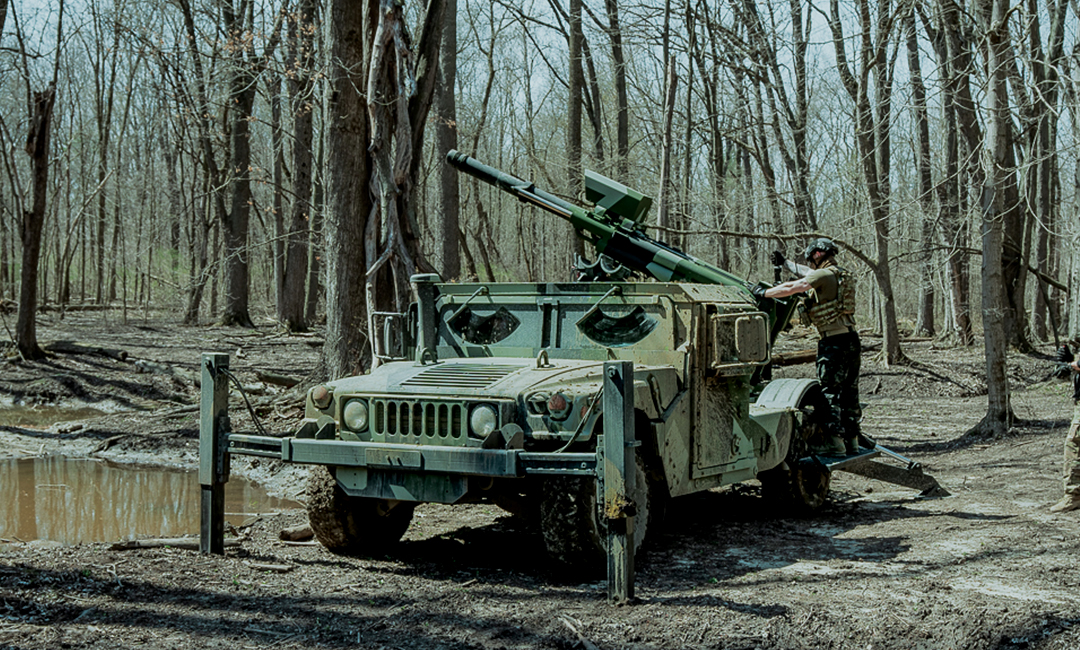
To add some context, here are a few of Defense Express' articles showcasing the ways American authorities and the military implement the lessons of the Ukraine-russia war:
- Ukraine War Prompts Shift in Pentagon's Approach to Provisioning for the U.S. Army and Allies
- Lessons U.S. Congress Learned From Ukraine to Prepare For Potential War With China and russia
- The Ukraine War Revealed Major Flaws in Some Advanced US Weapons Systems




